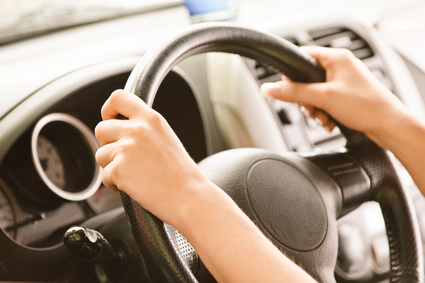Brussels plans to ease rules on driving licences, introduce uniformity


The European Commission has come up with a string of new measures covering driving and licences, including the introduction of electronic driving licences which are valid across the European Union, a lower minimum age for driving tests and measures to ensure that fines handed out in other EU countries are paid.
In addition, the commission wants to ease the rules for people with driving licences issued in a country outside the EU. Usually, people moving to EU countries have to go through training and take the driving test again, a process that is particularly cumbersome in the Netherlands and which is further complicated by the fact that each EU country has different rules.
Instead, the Commission plans to draw a list of countries with similar road safety standards, whose drivers will be able to exchange their licences for EU ones without having to repeat the test.
The new measures also suggest that people who take a driving test in an EU country but do not master its language could use an interpreter. In addition it could be make easier to take the exam in another country where they speak the language.
The commission is also proposing bringing in 17 as the legal age for a driving licence across the EU – as is already the case in the Netherlands. Youngsters will also subject to a ‘probation period’ for two years after passing the test, with rules to be established at national level on ‘zero tolerance’ for drink-driving.
Young people represent 8% of all drivers but 16% of those killed in car crashes, the commission said. It wants the same rules to apply to category C licences, for lorry drivers, to encourage the younger generation to take up this profession.
Fines
The commission also wants to make it easier for law enforcement bodies to pursue traffic fines across borders. Some 40% of the 6.3 million traffic offences involving a ‘foreign’ car were not paid in 2019 because either the driver was not identified or because the payment was not enforced, the commission said.
Graziella Jost, project director at the European Transport Safety Council, welcomed the plan to give member states wider powers to follow up on traffic offences.
‘It is now up to member states and the European Parliament to ensure this package doesn’t get watered down on the often treacherous road to becoming law,’ she said.
Thank you for donating to DutchNews.nl.
We could not provide the Dutch News service, and keep it free of charge, without the generous support of our readers. Your donations allow us to report on issues you tell us matter, and provide you with a summary of the most important Dutch news each day.
Make a donation